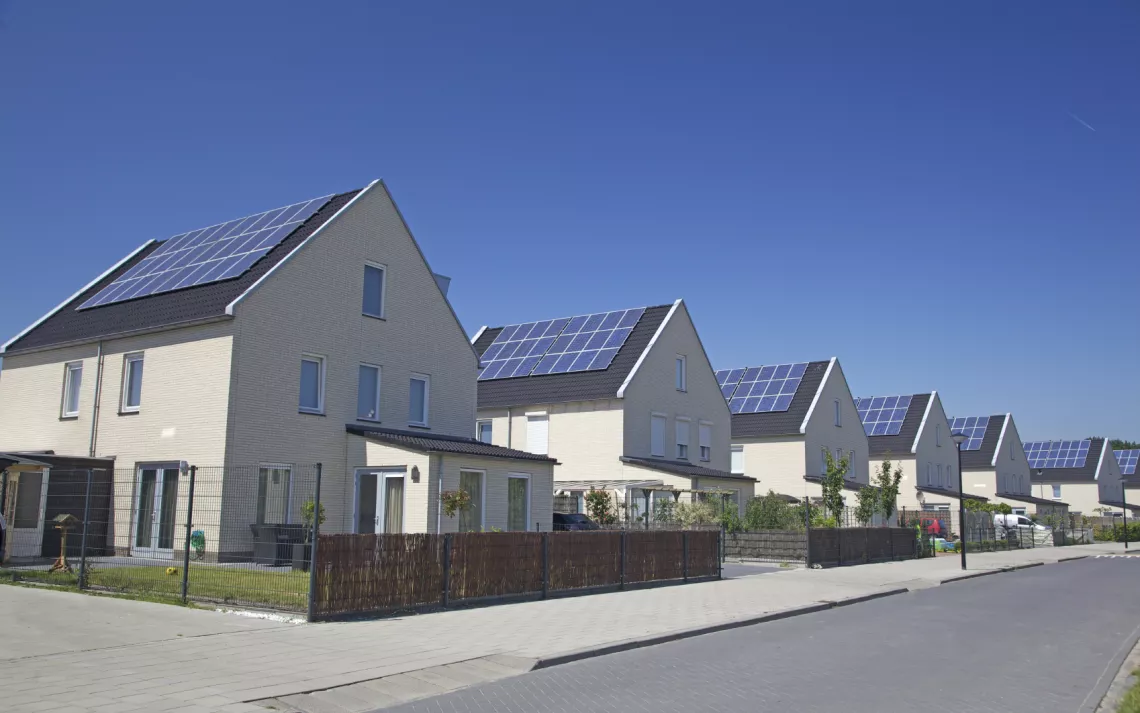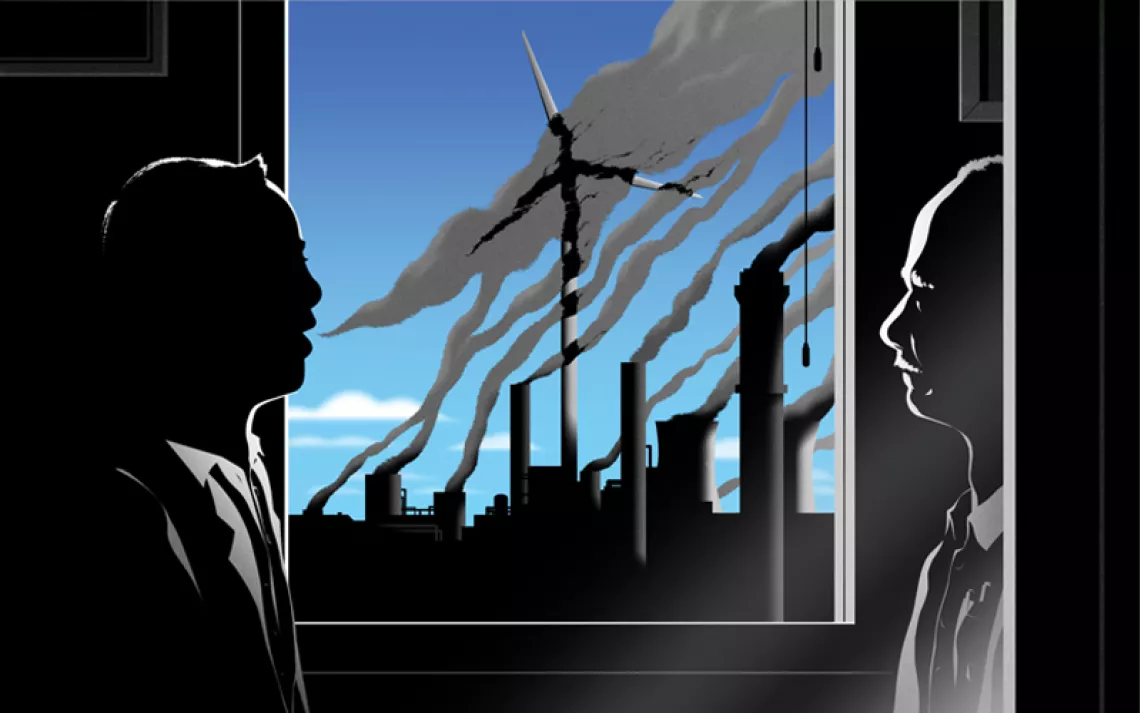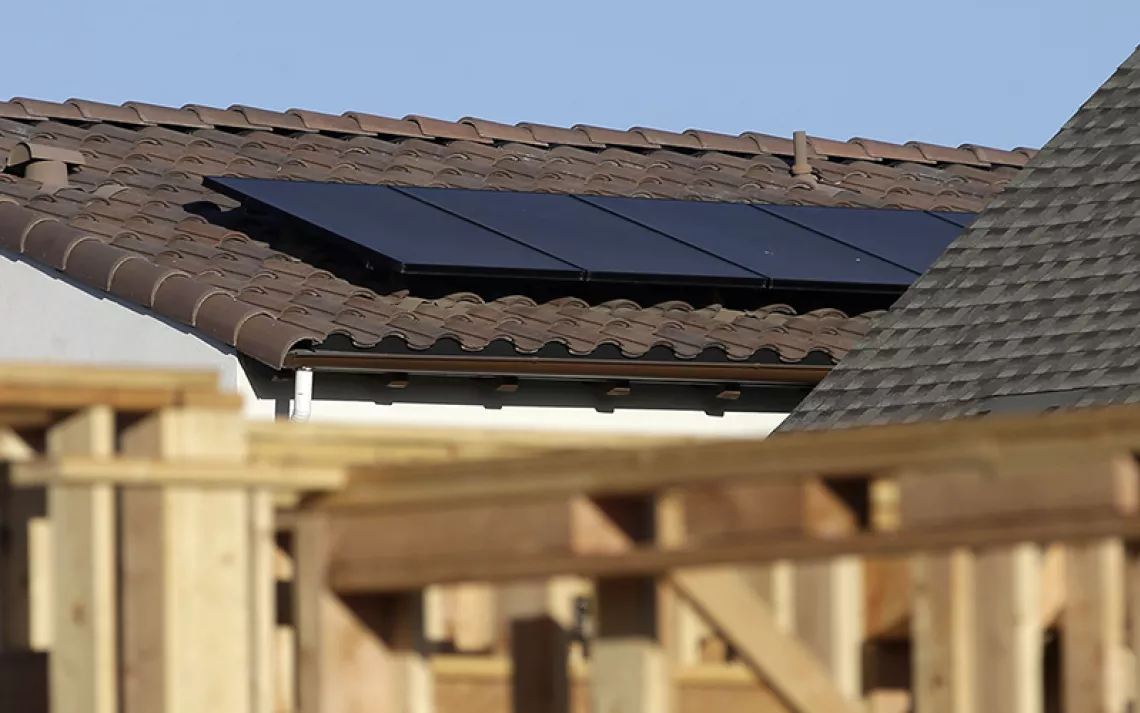Related Articles
Climate-Science Deniers, Right-Wing Think Tanks, and Fossil Fuel Shills Are Plotting Against the Clean Energy Transition
Inside the conspiracy to take down wind and solar power
March 12, 2024
Why Are Fossil Fuel Ideologues Tilting at Windmills?
There's a conspiracy to take down wind and solar power hiding in plain sight
By Jason Mark
March 11, 2024
California Regulators Punt Controversial Decision on Rooftop Solar
The Public Utilities Commission delays a decision on how to finance renewable energy
February 28, 2022
Can Big Solar Installations Help Foster Biodiversity?
Some solar farms are providing habitat for bees, birds, and butterflies
June 2, 2021
Most Read
How to Hit the Trail With Nothing but Amtrak and a Bicycle
From Idaho to Alabama to Maine, adventure outdoors without taking a single car ride or plane trip
By Robert Annis
April 7, 2024
The World's Tiniest Insect Fights Off Crop Pests and Inspires More Efficient Computers
The fairy wasp exists on almost every continent, yet almost no one has seen one
By Julia Sklar
April 10, 2024
Celebrate Earth Day by Skipping the "Green Consumerism" Fads
If you really want to live the spirit of Earth Day, don’t buy anything
April 17, 2024
Conservation Groups Sue to Stop Wolf Hunting in Idaho, Montana, and Wyoming
Wildlife organizations say federal agencies aren’t doing enough to protect wolves in the Rockies
April 11, 2024
 The Magazine of The Sierra Club
The Magazine of The Sierra Club








